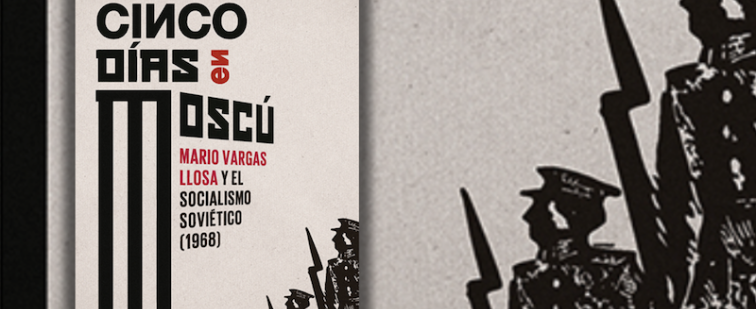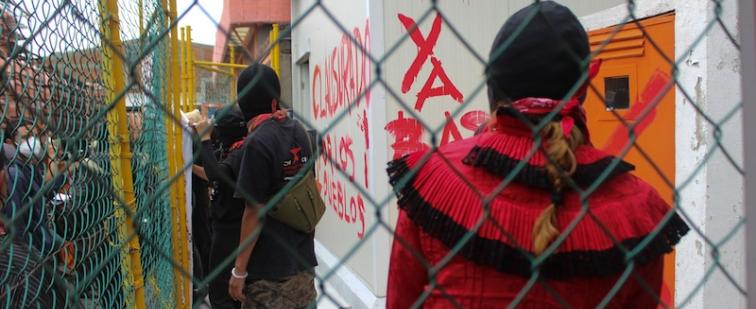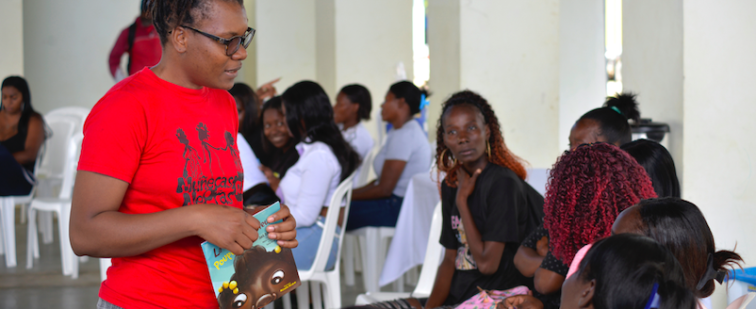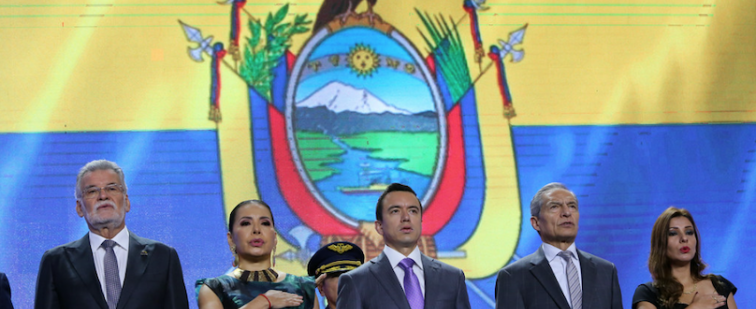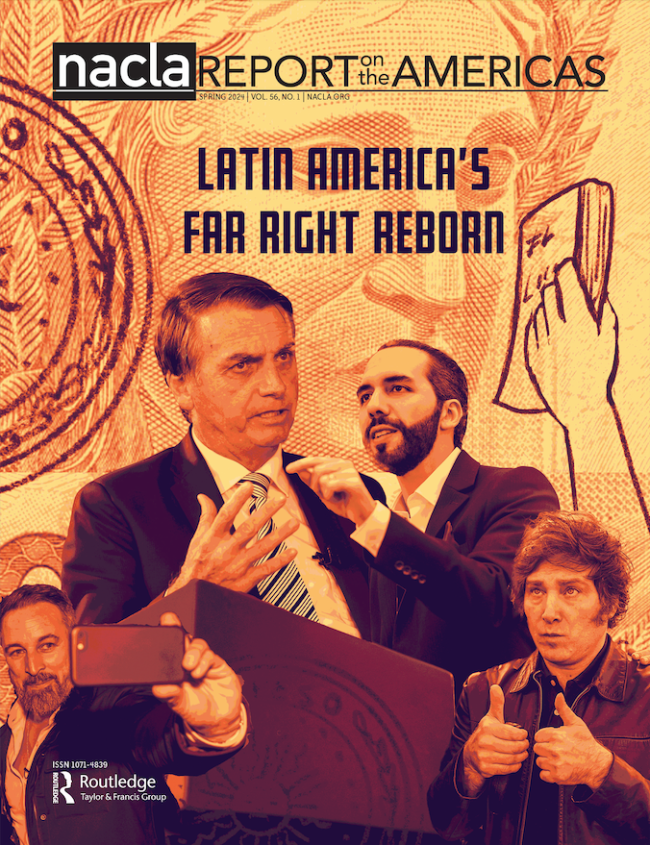Home
Students are delivering an open letter to Georgetown University president John J. DeGioia today, signed by over 150 scholars, urging the university to reconsider its appointment of former Colombian president Álvaro Uribe as a visiting scholar. The letter objects to Uribe’s ties to paramilitary groups, the scandal in which members of the Colombian military killed civilians but claimed they were guerrillas, corruption and human rights violations in his administration, manipulation of the judiciary, and a notorious wiretapping scandal.
If not for the testimony of 18-year-old Ecuadorian migrant Freddy Lala, the August 26 massacre of 72 migrants in Tamaulipas may have remained out of the eye of the mainstream media and chalked up as another example of the violent turf war fought by Mexico's organized crime syndicates. However, the events point to another serious and common issue in Mexico, the chronic human rights violations of migrant workers as they pass through the country in transit to the United States. Every year, according to Mexico's National Human Rights Commission (CNDH), around 20,000 migrants are kidnapped or abused by gangs, cartels, and government authorities before they reach the United States. This dramatic increase in abuses, however, was predicted in 2001 when Mexico began to take a hard-line stance against immigration on its southern border.
In June 2009, Mauricio Funes took office as El Salvador’s first leftist president. With more than 51% of the popular vote, Funes won the election as the candidate of the Farabundo Martí National Liberation Front (FMLN), the political party that was once a federation of guerrilla armies that fought the Salvadoran state to a bitter stalemate in the 1980s. María’s Story, a documentary filmed 20 years before Funes’s historic election, records a nationwide military and political offensive undertaken by the FMLN in late 1988 and 1989. The documentary continues to inspire audiences to discuss U.S. foreign policy, the reality of war, gender politics, and shared values of what constitutes justice and basic human rights.
This article originally appeared in the September/October 2010 edition of NACLA Report on the Americas.
The newspaper Crítica de la Argentina lasted just two years. It had been set up with an editorial agenda and mission to match its name – to criticize. However, its downfall would fit into the broader context created by a battle between the government and the Argentine media powerhouses, Clarín and La Nación. Both of these newspapers face fresh accusations of profiting from business deals that were approved and protected by the military dictatorship during the ”dirty war” of 1976-83. Crítica’s financial distress provided a timely example of the far-reaching effects of those deals.
The Peruvian economy has been enjoying something of a heyday lately, basking in the glow of the mainstream media. Currently being hailed as something of a Latin American wonder child, the Andean country has received increasing press coverage for its near decade of strong growth, which has continued despite the global economic downturn. But extensive coverage of fawning comments by President Obama have overshadowed the parallel narrative of a country potentially on the brink of disaster, with widespread voter discontent, sharp income disparity, and explosively divergent claims to land and resources.
Peruvian leader Mario Palacios speaks to NACLA about organizing to counter the impacts of the increasing presence of extractive industries in Peru. He says: "Our ancestral communities, many of which have territorial titles that date back 300 or 400 years to the colonial period, are today suffering from the expropriation, dispossession, and dissolution of their territories, not only because of the actions of the mining companies, but also because of the state itself and the governmental policies that are being applied in Peru."
This interview originally appeared in the September/October 2010 edition of NACLA Report on the Americas.
Recent massive protests in Potosí, a traditional bastion of support for Bolivia’s Movement Towards Socialism (MAS) government, have confronted President Evo Morales with perhaps the most significant challenge of his second term in office. Unlike past regional revolts led by conservative opposition forces in Santa Cruz, Potosí represents a new type of regional economic conflict led by coalitions of popular organizations demanding to be part of Bolivia’s “process of change.” These protests are taking place in the context of a new federalism that is raising expectations as well as demands for political accountability.
Indigenous peoples across Latin America have taken a leading position in defending national sovereignty, democratic rights, and the environment. A renewed cycle of capitalist accumulation in the region centered on mining, hydrocarbon extraction, and agro-industrial monocultures has sparked the new round of indigenous resistance. Drawing on organizational and political legacies of previous decades, indigenous groups in the 1980s and 1990s grew and gained strength from an international arena in which governments were encouraged to recognize and promote cultural and minority rights. In this issue of the NACLA Report, we explore the contributions and creative possibilities of indigenous movements at a moment when indigenous politics has moved beyond this request for state recognition and inclusion.
The “rural city” of Nuevo Juan de Grijalva is part of a government project which claims that it will reduce poverty in the Mexican state of Chiapas by relocating impoverished rural communities into centralized cities built by the state government. However following an orthodox free market economic model promoted by the Mexican state under the Plan Puebla Panama, the Sustainable Rural Cities Project imposes a monoculture, agro-export model that undercuts the subsistence farming practiced by most of its residents. As farmers can no longer cultivate their land, unemployment has risen, and the costs of basic services have quadrupled since its 2008 inception, there has been a significant and building local resistance to the project.
Ramiro Choc, a Q’eqchi’ community leader, has been fighting for indigenous people’s land rights in Guatemala’s volatile departments of Alta Verapaz and Izabal since the 1990s. These are the so-called "crimes" that led to his six year prison sentence starting in 2008. His story illustrates both the tension and boisterous mobilization of the people around land and natural resource issues in this area of Guatemala. To this mobilization, the Guatemalan government is responding by criminalizing peasant leaders, militarizing regions slated for development projects, and using environmental “protected areas” to exclude indigenous people. This combination of ingredients has become the core of Guatemala’s new civil conflict.

